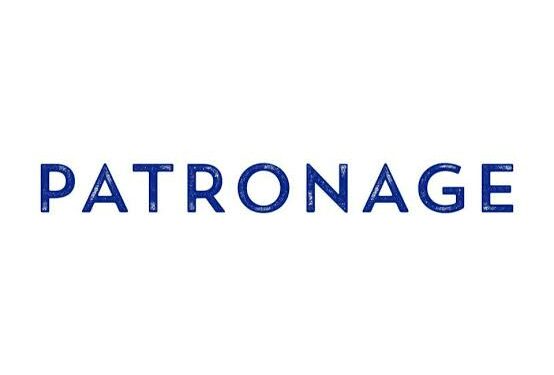A regime gives posts as long as money is distributed to regime loyalists.No matter its effect on genuine development infrastructure and the blossoming national debt.
A state that fails to rationalise its labour force/ employment is doomed.
In Uganda you wonder the rationale behind having an RDC, a deputy, DISO, DPC LC5 chair in a small district that you can drive through in only 25 minutes?
What’s the rationale behind having 529 MPs and a cabinet of 80+ ministers in small country like Uganda?
This isn’t job creation, its money cremation normally done by foreign imperialists to impoverish the colonised.
In independent states, appointments, public Employment or responsibility must be objective, productive, critical, essential to the country giving valueto tax payers money.
Political patronage in Africa presents a multifaceted challenge, significantly inflating the costs associated with governance across the continent. This intricate issue stems from the exchange of political support for favors, jobs, or resources, and has far-reaching implications on the efficacy and expenses of governing systems.
One of the primary repercussions of political patronage is the expansion of an unwieldy bureaucracy. Leaders frequently reward their loyal supporters with governmental positions, resulting in an excessively large useless public sector.
These appointments, often driven by political, ethnic allegiance rather than qualifications, lead to inefficiencies as unskilled individuals occupy crucial roles. Consequently, salaries for redundant positions strain national budgets, diverting resources from vital services like healthcare and education.
Patronage is the begining recipe for a corrupt environment.
Political patrons expect allegiance in return for the privileges they bestow not services. Thats where Ugandas M7 appointed leaders end up all going wrong. working to impress solely him.
This culture of reciprocity breeds corruption as officials prioritize personal gain over public service. Funds intended for development projects or social welfare programs often vanish through kickbacks and embezzlement, further exacerbating resource depletion and hindering progress.
Another detrimental impact of patronage networks is their adverse effect on policy implementation.
Decision-making becomes entangled in political considerations rather than focusing on what would be most beneficial for the nation. Projects or policies are often crafted to appease supporters or enrich specific individuals or groups, rather than being based on sound economic or social principles. This hampers sustainable development and erodes public trust in governance structures.
Perpetuation of patronage systems undermines the concept of meritocracy, discouraging competent professionals from entering public service. When advancement depends more on tribal, ethinic or political connections than on skills and qualifications, it creates a discouraging environment where talent is undervalued which impedes innovation and progress.
To effectively address the escalating costs associated with political patronage, comprehensive reforms are imperative. Strengthening institutions, fostering transparency, and enforcing merit-based recruitment can help mitigate the adverse effects. Implementing rigorous anti-corruption measures and cultivating a culture that values competence over connections are vital steps toward fostering more effective and economically viable governance.
Ultimately, breaking the cycle of political patronage is crucial for sustainable development and progress across the continent.
@Kjkaweesa
Do you have a story in your community or an opinion to share with us: Email us at editorial@watchdoguganda.com













